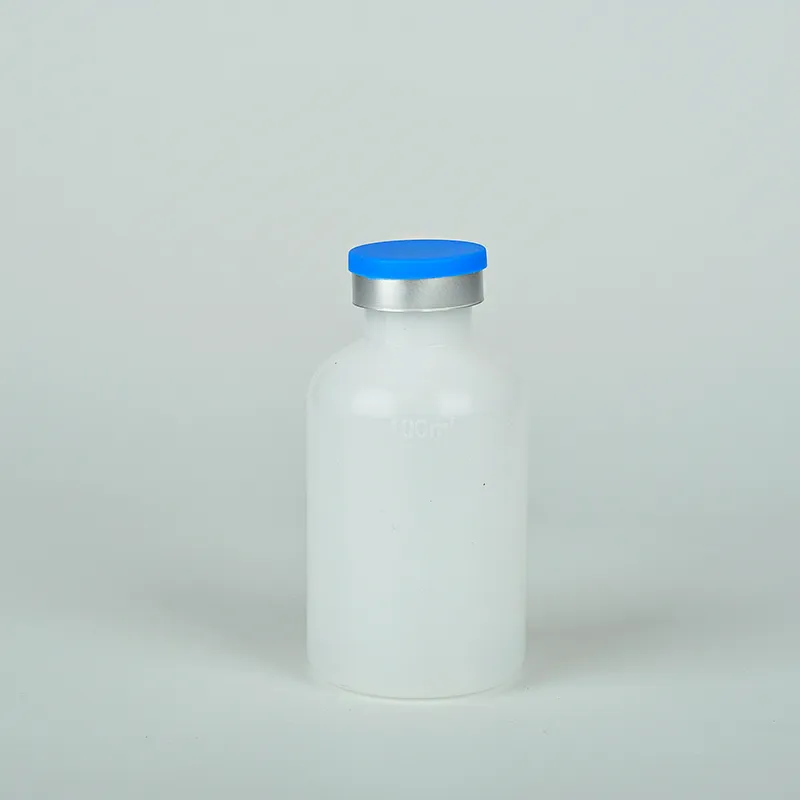https://www.wahmg.com/)">
laboratory cleaning supplies
laboratory cleaning supplies
The Importance of Laboratory Cleaning Supplies
In any laboratory, maintaining a clean and organized environment is critical to ensuring accurate results, promoting safety, and enhancing productivity. Laboratory cleaning supplies play a vital role in achieving these goals. This article will explore the various types of cleaning supplies essential for laboratory settings, their importance, and how they contribute to overall laboratory efficiency.
Types of Laboratory Cleaning Supplies
Laboratories require a diverse range of cleaning supplies to cater to different surfaces and materials. Some of the most commonly used cleaning supplies include
1. Disinfectants These are crucial for eliminating harmful microorganisms that can contaminate experiments or affect the health of lab personnel. Common disinfectants include alcohol-based solutions, bleach, and specialized antimicrobial agents.
2. Detergents Used for removing grease, grime, and other stubborn residues, detergents are essential for cleaning glassware, stainless steel surfaces, and equipment. It's vital to choose detergents that are appropriate for the materials being cleaned to avoid damage.
3. Wipes and Towels Disposable or reusable wipes and towels are convenient for quick clean-ups and are ideal for areas that require frequent sanitation. They are often designed to be lint-free to prevent contamination.
4. Scrub Brushes For more intensive cleaning, scrub brushes with varying bristle stiffness are essential. They assist in removing tough stains or residues from surfaces that cannot be cleaned with wipes alone.
5. Spills Kits Laboratories often handle hazardous materials, making spills kits an essential part of cleaning supplies. These kits typically include absorbent materials, personal protective equipment, and instructions for safe cleanup of chemical spills.
laboratory cleaning supplies

Importance of Laboratory Cleaning Supplies
1. Safety A clean laboratory reduces the risk of accidents, such as slip-and-fall incidents or chemical exposure. Proper cleaning supplies help eliminate hazardous residues, ensuring a safer working environment for all personnel.
2. Contamination Prevention In research and experimental settings, even the slightest contamination can lead to erroneous results. Effective cleaning supplies help prevent cross-contamination and maintain the integrity of experiments, leading to more reliable outcomes.
3. Regulatory Compliance Many laboratories are subject to strict regulations regarding cleanliness and sanitization. Using appropriate cleaning supplies helps ensure compliance with these guidelines, preventing potential legal issues or penalties.
4. Enhanced Productivity A tidy lab fosters an efficient workflow. When laboratory staff have access to the right cleaning supplies, they can quickly address spills or messes without interrupting their work processes.
5. Longevity of Equipment Regular cleaning with suitable supplies can prolong the life of laboratory equipment. Residues and contaminants can lead to corrosion or malfunction, so keeping surfaces and tools clean is essential for maintaining their functionality.
Conclusion
In conclusion, laboratory cleaning supplies are indispensable tools in the pursuit of safety, accuracy, and efficiency in research and experimentation. By understanding the types of cleaning supplies available and their importance, laboratory personnel can create and maintain a pristine working environment that promotes success in their scientific endeavors. Investing in quality cleaning supplies and adhering to best practices in laboratory cleaning will not only protect the health and safety of individuals but will also enhance the overall efficacy of laboratory operations.
-
Wholesale Plastic Juice Bottles with Caps 16 oz Options Available Bulk Packaging SolutionsNewsJun.10,2025
-
Laboratory Apparatus Reagent Bottle – Durable & Chemical Resistant Bottles for Safe StorageNewsJun.10,2025
-
Squeezable Dropper Bottles Durable, Leak-Proof & CustomizableNewsMay.30,2025
-
Affordable Plastic Petri Plates Sterile & Disposable Lab-GradeNewsMay.30,2025
-
Eye Dropper Caps Precision 24/410 & Plastic Bottle-Compatible TipsNewsMay.30,2025
-
Affordable Mini Spray Bottle Price & Wholesale Deals Shop NowNewsMay.29,2025





















